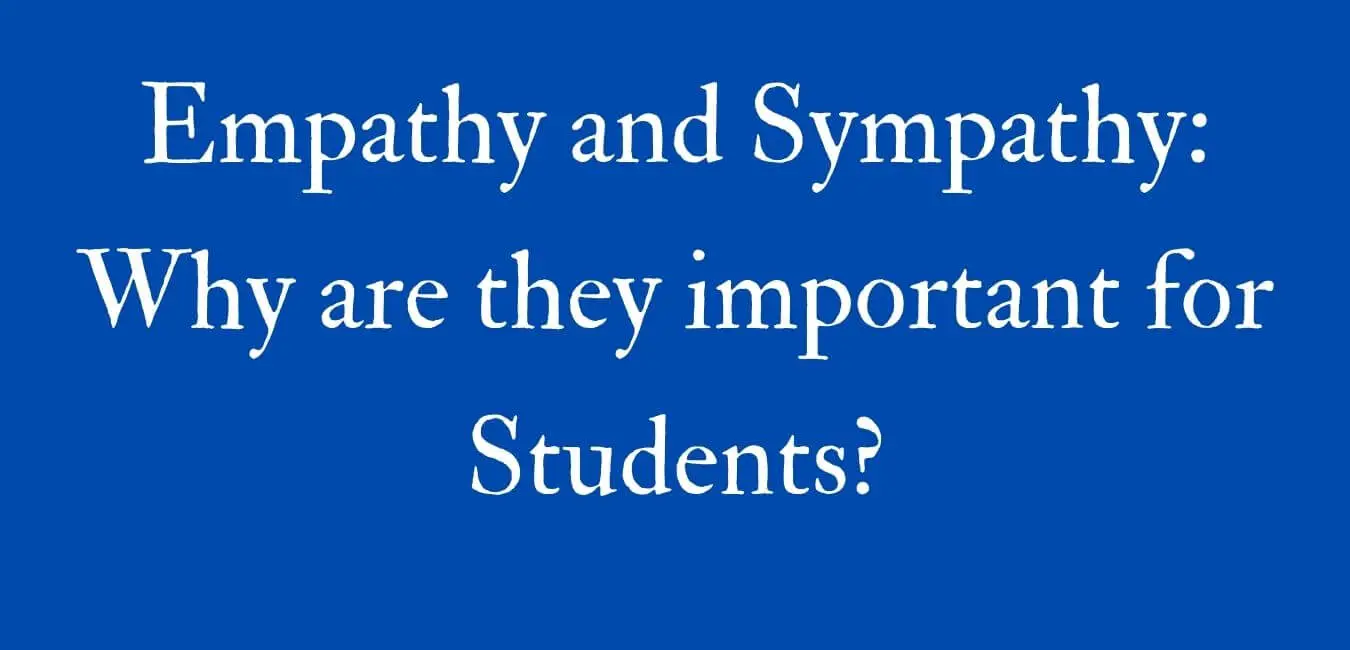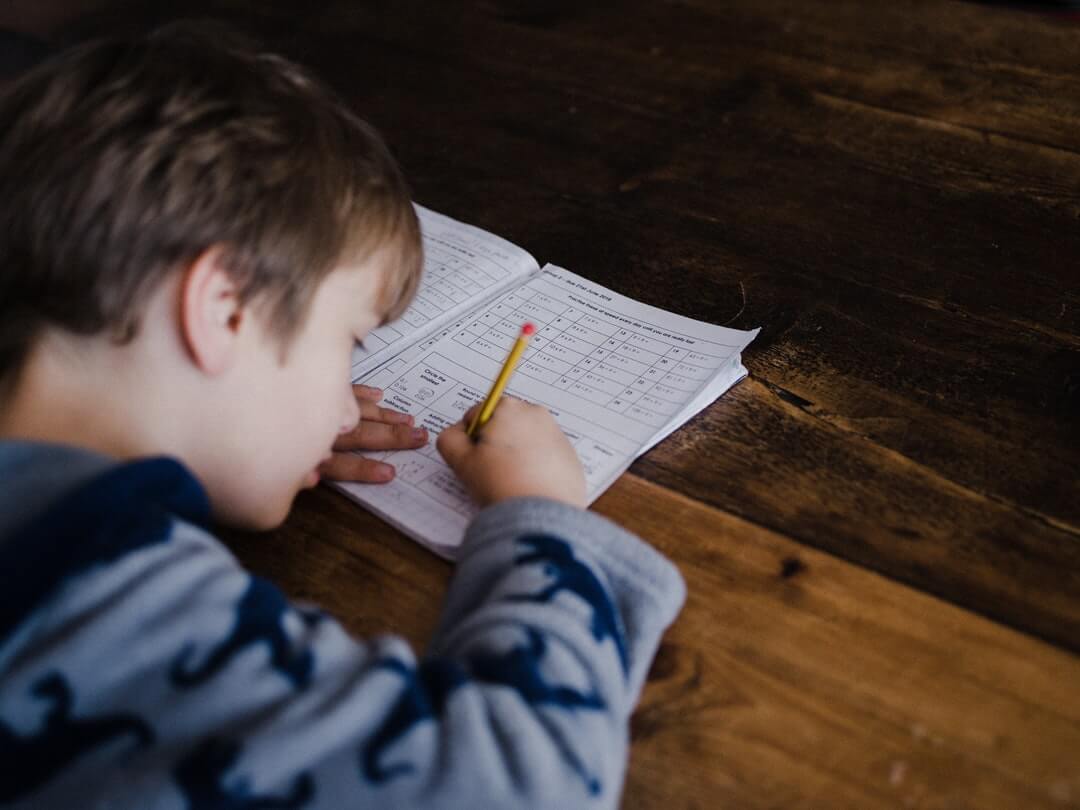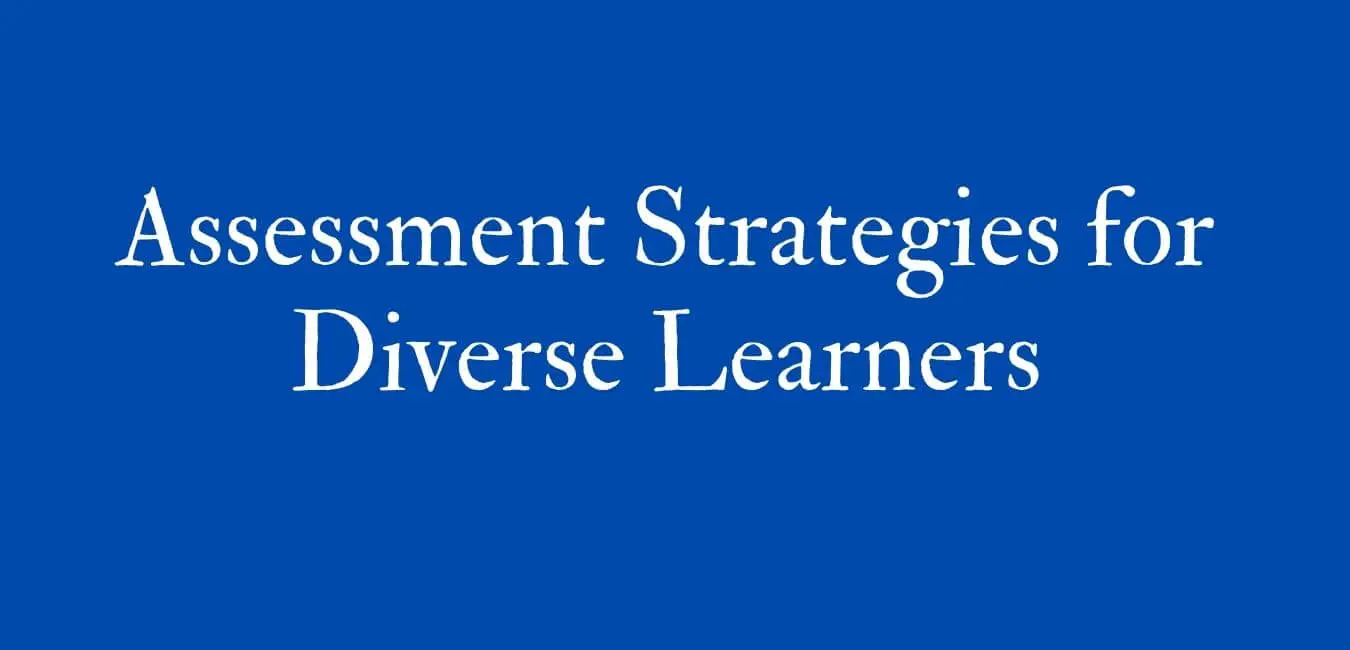Sympathy and empathy are important traits for students to have in the classroom setting. Sympathy is the ability to feel compassion for someone else, while empathy is the ability to understand and share the feelings of another.
When students are able to sympathize and empathize with their classmates, they are better able to build relationships and create a supportive learning environment. Additionally, these skills can help students when they experience difficult emotions, such as sadness or anger.
To help students sympathize and empathize, teachers must first understand and recognize the importance of empathy and sympathy for their students. In this blog post, I will discuss some of the benefits of having empathetic and sympathetic students in the classroom.
The importance of sympathy to students
When it comes to the education of our children, we want what is best for them. Being sympathetic can play a huge role in a student’s success. The following are some of the importance of sympathy for students:
1. Sympathy allows for understanding and connection.
In order for students to be successful in the classroom, it is important for them to feel connected to their classmates. Sympathy is a feeling that allows students to understand and connect with their classmates. Sympathy is the ability to see things from another person’s perspective and understand how they might be feeling. When students feel sympathy for one another, they are more likely to be cooperative and helpful.
In addition, sympathy can help students feel empathy for others who are going through difficult situations. This can lead to discussions about how people are feeling and what can be done to help them. Overall, sympathy helps create a sense of community in the classroom, which can lead to positive outcomes for all students involved.
Sympathy develops empathy and perspective-taking
2. Sympathy helps students regulate their emotions.
The ability to regulate emotions is an important life skill that students need to learn in order to be successful both in and out of the classroom. Sympathy is a powerful emotion that can help students regulate their other emotions. Sympathy promotes empathy. When students feel empathy for someone else, it helps them put themselves in someone else’s shoes and understand how they are feeling.
This can then help them to regulate their own emotions because they have a better understanding of what is going on emotionally for them and why they are feeling that way. Sympathy can also help students build relationships with others as they are able to connect with others on a deeper level. This can be especially helpful during times of stress, as students can rely on their friends and classmates for support.
3. It helps them develop social skills.
One of the most important aspects of social development is the ability to feel and show sympathy for others. Sympathy allows children to understand and share the emotions of others, which is a key component in developing social skills. In fact, research shows that sympathy is one of the earliest emotions that children learn to recognize and express.
There are many ways that sympathy can help children develop social skills. For example, by feeling sympathy for someone who is sad or hurt, children learn how to comfort and support others. Sympathy also helps children build relationships by teaching them how to communicate effectively and understand others’ points of view. Additionally, sympathetic behavior can create a sense of trust and security in social situations, which can encourage kids to take risks and be more open with others.
Ultimately, sympathy plays a vital role in helping children develop into socially-minded adults.
4. It teaches them how to problem-solve.
One of the most important skills students learn is how to problem-solve. However, what many people don’t realize is that sympathy can also teach students how to problem-solve. Sympathy helps students develop empathy, which is a key skill for problem-solving. Additionally, it allows students to see things from another person’s perspective, which can help them better understand the situation and come up with a solution. Empathy allows students to put themselves in someone else’s shoes and consider their feelings, which can help them come up with a solution that takes those feelings into account.
Finally, sympathy can help students learn how to communicate effectively. By discussing the situation with others and listening to their ideas, students can come up with a better solution.
5. It enables them to feel compassion for others and themselves.
When students feel sympathy for someone else, they are able to see things from that person’s perspective and feel compassion for them. This can lead to students being more caring and helpful towards others, and it can also make them more likely to be forgiving if someone has wronged them. Additionally, feeling sympathy for oneself can help students have a more positive view of themselves, which can lead to increased self-confidence and better mental health.
Overall, sympathy is an important emotion that enables students to feel compassion for others as well as themselves, and this can have a positive impact on their lives.
Find out why empathy and sympathy are important for teachers here.
6. It can help them learn from their mistakes.
When students make mistakes, it is often difficult for them to take in the feedback they receive from teachers and classmates. In some cases, students may feel like they are being attacked or that they are not good enough. This can lead to a defensive attitude and a reluctance to learn. When students feel sympathy from their teachers and classmates, however, they are more likely to listen to the feedback they are given and learn from their mistakes.
One reason why sympathy helps students learn from their mistakes is that it makes them feel understood. When students know that their teachers and classmates sympathize with them, they feel like they are not alone. This can help them open up about the mistakes they have made and what led to them. As a result, these students are more likely to receive constructive feedback that will help them improve their academic performance.
For more articles on how to become more effective in your classroom, click here.
The importance of empathy for students
There are countless reasons why empathy is important for students. In this section, the importance of empathy for students will be discussed. The following are some of the benefits of empathy among students in the classroom:
1. It promotes kindness and helpful behavior.
When students feel empathy for others, it often leads them to behave in a kind and helpful way. Empathy is the ability to understand and share the feelings of another person. When students see a classmate going through a difficult situation, their empathetic response can lead them to offer support or do something to help make their situation better.
Studies have shown that when people feel empathy for others, they are more likely to act kindly towards them. For example, one study found that people who were given a test measuring their level of empathy were more likely to help someone who was in need of assistance, even if they didn’t know them well.
Another study found that people who scored high on tests of empathy were more likely to volunteer their time to help others. They were also more likely to donate money to charity and express concern for the well-being of others.
2. It encourages and creates a safer classroom environment and culture.
In order to create a safe and effective learning environment, it is important for students to feel empathy for one another. When classmates feel understood and supported, they are more likely to take risks in their thinking, share ideas, and be open to new perspectives. Additionally, empathetic students are more likely to intervene when they see someone being bullied or feeling left out. Studies have shown that creating a caring classroom climate is one of the most effective ways to prevent bullying from happening in the first place.
3. It breeds strong and positive relationships among students.
Empathy is a critically important life skill that can help students maintain strong and positive relationships with others. Empathy allows students to see things from another person’s perspective, and this understanding can help build strong relationships. When students feel understood and supported by others, they are more likely to reciprocate those feelings.
One way empathy can be used to build relationships is by actively listening. Listening involves paying attention to the person who is speaking and trying to understand their thoughts and feelings. This type of listening can make the other person feel heard and understood, which can strengthen the relationship. Additionally, active listening helps students avoid misunderstandings and fosters communication.
Another way empathy can be used to build relationships is by providing support. When students know that they have someone they can rely on for support, they will likely feel closer to that person.
4. It enhances student achievement and success.
There is a growing body of research that suggests empathy plays an important role in enhancing student achievement and success. In one study, researchers looked at the relationship between empathy and academic achievement in high school students. The study found that students who scored higher on measures of empathy also scored higher on measures of academic achievement.
There are a number of ways empathy can enhance student achievement and success. First, empathy allows students to better understand and relate to others, which can help them build relationships and form connections with their classmates and teachers. This can create a more positive learning environment in which students feel supported and are more motivated to succeed. Second, empathy helps students put themselves in other people’s shoes, which can lead to a greater understanding of different perspectives.
5. Empathy can prevent bullying.
Bullying is a problem that has been around for as long as anyone can remember. It seems to be a part of human nature to want to hurt or harm those who are weaker than us. But what if there was a way to prevent bullying from happening in the first place? According to researchers, empathy is the key.
When students feel empathy for one another, they are less likely to bully each other. This is because when we feel empathy, we put ourselves in the other person’s shoes and understand how they might be feeling. We also develop a sense of connection with them, which makes us less likely to want to hurt them.
Teachers can help foster empathy in their students by teaching them how to identify and understand their own emotions, as well as the emotions of others.
6. Empathy enhances students’ communication skills.
Empathy is the ability to feel what others are feeling. It is an important skill for students to have as it enhances their communication skills. Empathy allows students to understand how others are feeling and to respond in a way that is respectful and appropriate. When students are able to empathize with others, they are better able to communicate with them effectively. This can be beneficial in a variety of situations, such as when working on a team project or trying to resolve a conflict.
Empathy is not only beneficial in interpersonal interactions, but it can also be helpful in academic settings. When students are able to put themselves in the shoes of the characters they are reading about, they can better understand the story. In addition, being able to empathize with people from different cultures can help reduce racism and prejudice.
7. Empathy enhances students’ social awareness.
Research indicates that empathy is a key factor in social awareness. Empathy allows people to understand the thoughts and feelings of others and to respond in a way that is respectful and constructive. When students are able to empathize with others, they are better able to understand the social environment and the impact that their words and actions have on others. This can lead to more positive relationships with classmates and teachers, as well as a greater sense of social responsibility.
8. Empathy enhances students’ emotional intelligence (EQ).
Empathy is the ability to read and understand emotions in oneself and others. It is often broken down into three different categories: cognitive empathy, emotional empathy, and compassionate empathy. Empathy has been shown to enhance students’ emotional intelligence.
Cognitive empathy is the ability to understand what someone else is feeling based on their facial expressions or tone of voice. Emotional empathy is the ability to feel what the other person is feeling. Compassionate empathy is when a person not only understands how the other person feels but also feels compelled to help them.
All three types of empathy have been shown to enhance students’ emotional intelligence. Cognitive empathy allows students to understand their own emotions and those of others. Emotional empathy allows students to feel the emotions of others, which can help them better relate to people who are different from them.
Conclusion
For a few reasons, the ability of students to feel empathy and sympathy for others is important. First, it allows them to understand and share the feelings of others, which can help build relationships and create a more positive classroom environment. Additionally, when students feel empathy and sympathy towards others, they are more likely to be helpful and supportive, both academically and emotionally. Lastly, these qualities can help foster critical thinking skills as students are able to consider multiple perspectives before making decisions or forming opinions. In short, teaching empathy and sympathy can help students become more engaged in their own learning as well as the learning of their classmates.


















